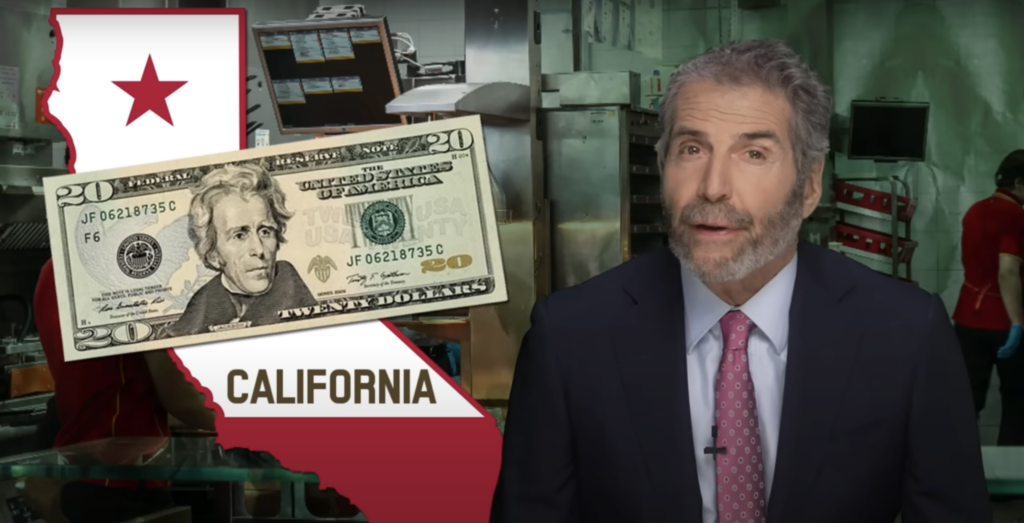Jurors in Donald J. Trump’s criminal trial will start deliberating on Wednesday after listening to hours of closing arguments that presented the case in clear and conflicting terms.
The 12 New Yorkers could take hours, days, or even weeks to reach a verdict in the first criminal trial of an American president. Before deliberations begin, the judge will instruct the jurors on the relevant law.
This final stage of the weeks-long case comes after both sides delivered their concluding arguments.
Prosecutor Joshua Steinglass meticulously described a scheme before the 2016 election to silence a porn star’s account of a sexual encounter with Mr. Trump. Stormy Daniels stayed quiet after Mr. Trump’s former fixer, Michael D. Cohen, paid her $130,000 in hush money.
Prosecutors argue that the machinations crossed a legal line when Mr. Trump reimbursed Mr. Cohen for the hush money and falsified records to cover it up.
“All roads lead to the man who benefited the most, Donald Trump,” Mr. Steinglass said, suggesting it was done to deceive the American voter.
Defense lawyer Todd Blanche argued in his summation that Mr. Trump’s actions were not criminal but standard business practice. He dismissed the felony charges as baseless and lacking evidence.
During his closing argument, Mr. Blanche attacked Mr. Cohen’s credibility, labeling him as “the greatest liar of all time” and urging a quick “not guilty” verdict from the jury.
Here’s what you need to know about the first prosecution of an American president:
-
Mr. Trump faces 34 felony counts of falsifying business records, alleging that he disguised the repayment to Mr. Cohen as legal fees. If convicted, he could face probation or up to four years in prison. Mr. Trump denies any wrongdoing and disputes having had a sexual encounter with Ms. Daniels. Read more about the case here.
-
In his closing argument, Mr. Steinglass painted a picture of voter fraud, alleging that Mr. Trump’s agreement with The National Enquirer to bury negative stories was a “subversion of democracy.” Prosecutors needed to demonstrate that the business records were falsified to conceal an election-influencing conspiracy.
-
Mr. Blanche criticized Mr. Cohen, portraying him as a dishonest individual seeking revenge. He argued that the documents were accurate as Mr. Cohen had indeed performed legal work. Mr. Blanche also suggested that Mr. Trump, as the “leader of the free world,” had little reason to pay attention to such matters.





